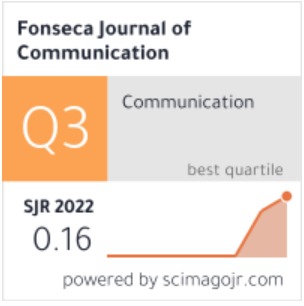VIRTUAL REALITY FOR MENTAL HEALTH AND IN THEREHABILITATION OF VIOLENT BEHAVIOURS
Nicolás BARNES
Deputy Director of Treatment for the Youth Detention Center. General Directorate of Penitentiary Affairs, Department of Justice, Government of Catalonia; PhD Student at the University of Barcelona, Spain.
Melody TORAO-ANGOSTO
Psychologist and Postdoctoral Researcher, Institute of Biomedical Research August Pi i Sunyer (IDIBAPS), Barcelona, Spain
Mel SLATER
Distinguished Investigator at the University of Barcelona, Spain
Maria V. SANCHEZ-VIVES
ICREA Research Professor (ICREA, Barcelona) at the Institute of Biomedical Research August Pi i Sunyer (IDIBAPS), Barcelona, Spain
DOI: https://doi.org/10.48047/fjc.28.01.04
Abstract
Immersive virtual reality creates a digital world that induces the illusion of presence, encompassing both the sense of being within the depicted virtual environment (place illusion) and the belief in the plausibility of events occurring within it (plausibility illusion). These illusions persist despite the user's awareness of being in a physically different location and the environment being artificial, and users respond to virtual events as if they were real across physiological, emotional, behavioural, and cognitive dimensions. Furthermore, virtual reality enables the illusion of "embodiment" within a virtual body and facilitates the adoption of perspectives from others in virtual scenarios. The possibility of additionally creating social environments and the elicitation of realistic responses offer useful tools for mental health applications, including the treatment of phobias, social anxiety, PTSD, paranoia, schizophrenia, and violent behaviour. Virtual reality serves as a unique tool for emotional and cognitive engagement in a controlled setting, facilitating the exploration of perspectives and the development of empathy. This paper also explores the integration of virtual reality into rehabilitation programmes for violent offenders, emphasizing its benefits as a safe, customizable, and cost-effective alternative to conventional therapeutic methods. A comprehensive overview of the current state and potential future directions of virtual reality in mental health and rehabilitation contexts is provided.
















